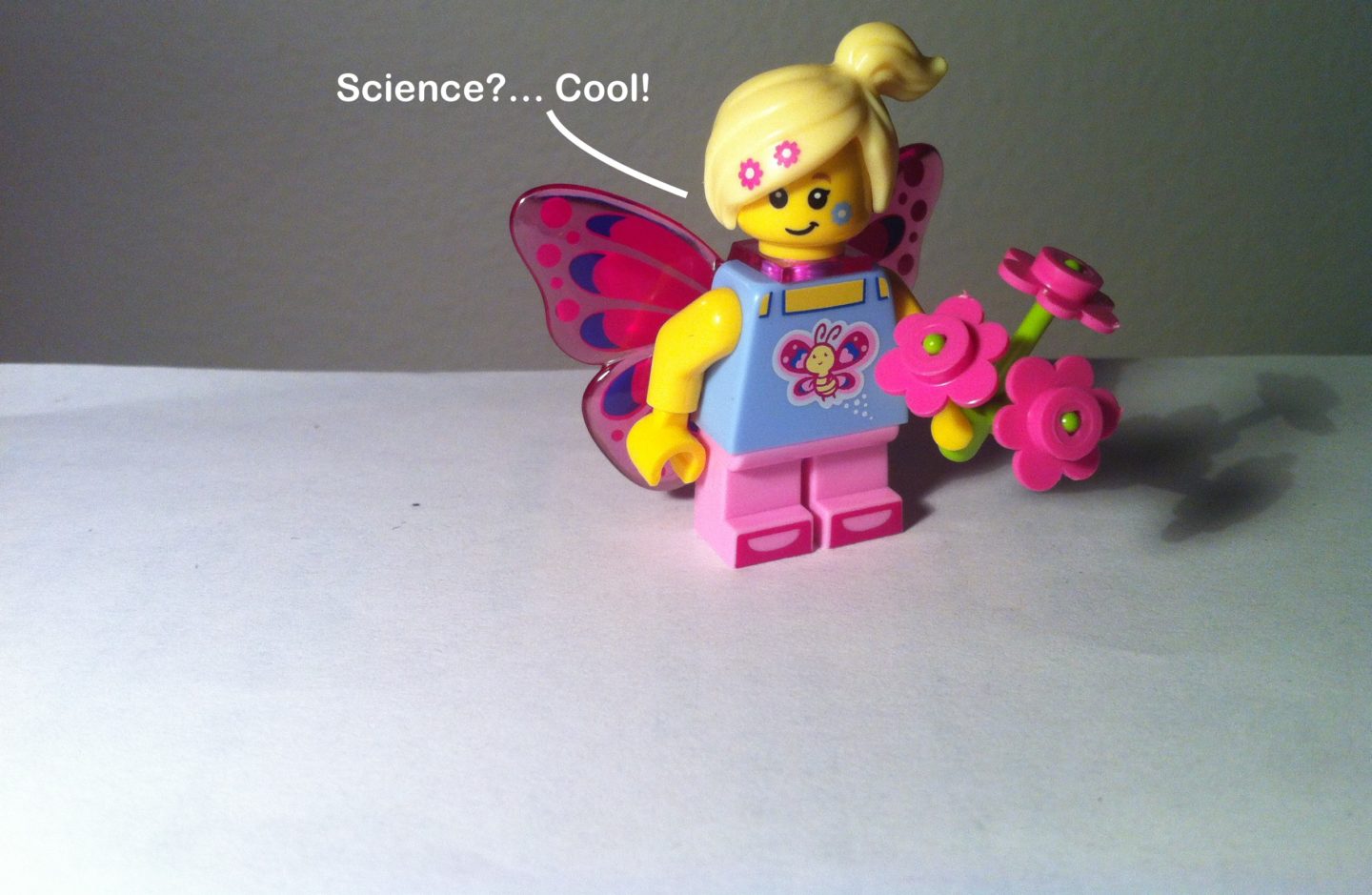When you’re a kid there’s no limits. You haven’t learnt what is and isn’t impossible yet. Your boundaries haven’t been tainted by what grown-ups have already seen and heard. Then you grow up, start getting tested, see how important passing and how scary failing is and you begin to put limits on yourself. ‘I’m just not a writing type of person.’ ‘I’ve never been good at maths.’ ‘I just don’t have the brains for physics.’
This is one of my English students from Saudi Arabia. He just successfully completed Algebra 101 and is now starting Calculus 104. He was 7 in this video (taken a year ago):
Kids don’t give a shit about limits. When someone starts trying to explain something complicated, and it’s something we’ve struggled to understand in the past, we switch off. I know I’ve done this a lot. But if you start to tell a kid about something complicated –but still nevertheless cool– they couldn’t give a shit about limits. They just think, ‘Science –oh cool! (or ‘Rockets –cool!’ or ‘Space –cool!’ or any number of other complicated but cool stuff).
When I asked my 8-year-old student in our lesson earlier today, ‘What do you know about physics?’ He replied, ‘Physics! I love physics, because I can learn about fish, and rocks, and space!’
And that’s it. Kids can be amazed by how some simple stuff is just so cool, and they also know they don’t know shit. Why do we as adults stop thinking in both those ways?
My student also explained to me the mathematical ‘Sandwich Theory’, that is to do with limits. And that from what he told me, even though you think two things are touching, if you magnify them enough, they never actually are. So if you press both your index fingers together as hard as you can, there will still be a space between both your fingers. You need a powerful AF microscope to see it but it’s there.
In The Magic of Thinking Big, David Schwartz tells a story about one of America’s leading physicists, Dr Edward Teller being asked, ‘Should your child be a scientist?’ Dr Teller’s reply was: ‘A child does not need a lightning fast mind to be a scientist, nor does he need a miraculous memory, nor is it necessary he gets very high grades in school. The only point that counts is that the child have a high degree of interest in science.’
Our brains are the most powerful thing on the planet. All you need is a high interest in something and you can figure it out. And to get rid of limits.
